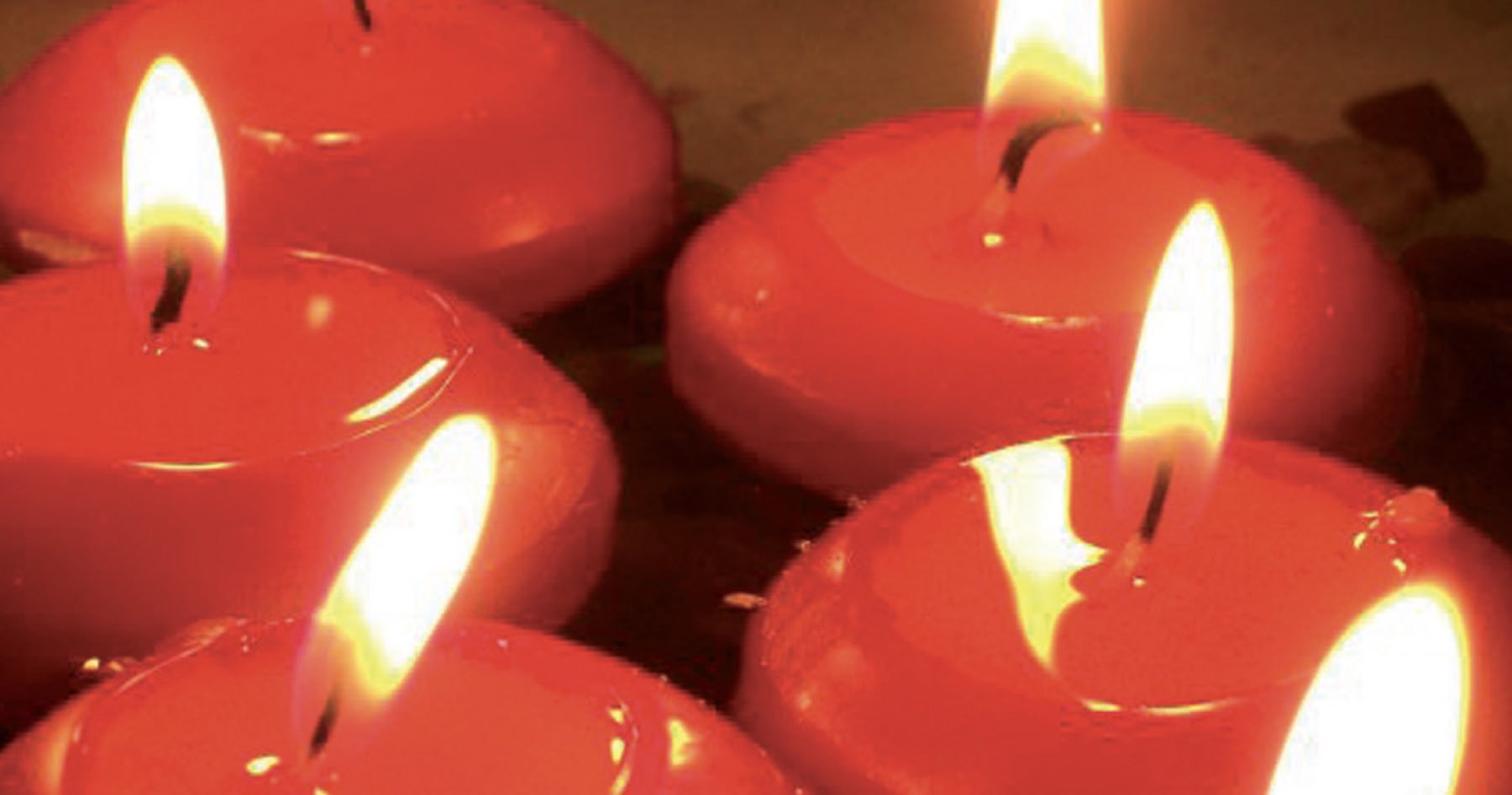Reflections on the nature of God
This reflection was originally published on the diocesan website in December 2020, but the Post’s editor felt that the themes explored are still relevant as we head into the 2021 Christmas season.
God must be huge, or at least, that’s what I thought when I was a child. I understood that God was all-powerful and knew all there was to know — so surely, God is huge. God, I imagined, is so big that the galaxy is cradled in God’s arms. Big things are always powerful.
That is, until you learn about how the smallest of living things can be so powerful that every human on Earth is affected by it. I have come to believe that our current fellowship with a tiny virus offers us this: God wishes us small.
We, as humans, spend so much time trying to be big — like God — and we’ve done a fair job. We’ve built sprawling cities dotted with skyscrapers, and tankships longer than 18 blue whales lined nose to tail, and a machine that drills 40,604 feet deep into the Earth’s crust — which, by the way, is 15 times deeper than the height of the world’s tallest building. We go big in all directions: up and down, side to side.
Our use of the Earth for farming food now subsumes over half of the planet’s available land. And we need a lot of food to satisfy our big need to celebrate, too. In Canada, many families host annual Christmas gatherings that feature a table laden with food and wine, presents for everyone, and a tree loaded with lights and tinsel. It feels good, too; these big celebrations are a reminder that we are fortunate enough to have food to spare. Big celebrations make us feel safe.
I prefer Advent to Christmas. I remember, when I was small, the first time my family was invited to light a candle on the Advent wreath at our church. My father explained to me that we were waiting for a baby, but we were waiting quietly with candlelight and tree boughs and the smell of apple cider wafting into the sanctuary from the hall’s kitchen. That made sense. Babies need quiet. Babies need to be cradled and sung to. So, Advent always made sense to me: we light a candle, and we make our hearts quiet and ready for when the baby comes. These feel like small things, but small things make a big difference to a baby.
As I grew older, Christmas transformed into a time that I associate with big stress. Every year, I hustled about town on my lunch hours and in the dying light after work to find the perfect gift for my loved ones, and it had to be big: physically big or expensively big or emotionally big. Every year, my family planned a meal that resulted in days of leftovers, or waste. Every year, I was invited to more parties, that were scheduled earlier and earlier in December to fit them all in, until I was attending my first Christmas parties in November — in rooms alight with plastic garlands.
One year, I found myself shopping for Christmas gifts and party dresses in September, and I applauded myself for thinking ahead. As I grew, the Christmas season also grew until it was so big that two things happened: first, Advent had been diminished amongst the hustle of Christmas preparations; and second, Christmas no longer made me feel safe. Instead, Christmas Day was simply a day of relief — relief that it was over.
Some things can get so big, they are no longer safe.
Viruses are small, but powerful. I don’t need to remind you how the arrival of COVID-19 has shaped this year for all of humanity, but I invite you to take a moment to marvel at how something we cannot even see without a microscope has made such a big impact. Small things are just as powerful as big things.
What if there is an opportunity this Advent and Christmas to be powerfully small?
What if we spent some of our December remembering the ants and honeybees? To remember that the Earth depends on the ants to aerate the soil and the bees to pollinate the fruit. Or to remember bacteria — a mindless organism that consumes everything it encounters? To remember how bacteria decomposes the deadfall to feed the trees. What if we remember all the good viruses, like the phages in our body that kill harmful bacteria in our digestive and respiratory tracts?
Instead of focusing on what is diminished in our celebrations this year, maybe God is inviting us to consider the power in the small things in our lives.
I will share with you my grandmother’s Christmas Eve tradition, which was quickly scrapped by the family upon her death. My Oma claimed that our family’s Romanian heritage stipulated that on Christmas Eve we eat a meal of 12 dishes, with just 12 ingredients in total, each to represent the journey of 12 days that the Three Kings would make that first Christmas.
It was the simplest of meals served out on the fine china: boiled wheatberries, a dish of honey, borscht (this counted for four ingredients), white fish, lima beans…you get it. The funny part is, I think my Oma had mistakenly merged the Christian Orthodox tradition of a 12-course meal in honour of Christ’s Apostles and given it her own (bland) spin. It was not a meal that any of us looked forward to, but it was an act of love that we came to the table and ate flavourless wheatberries together that night, because being together was more important than the food.
My Oma grew up poor, so I wonder now if, when she was small, gathering with her family to share 12 dishes felt very big indeed. Even though my grandparents had done well for themselves and could have put on multiple exorbitant meals over the Christmas week (and trust me, they did this too), I always thought of this one meal as Oma’s Christmas. The night that nothing was louder than the love in the room — not food nor music, not a pile of presents, not blinking lights on a tree. That night was just about being together and waiting for a baby, undiminished by the sparseness of the meal.
This is what my small Advent and my small Christmas will look like in 2020: I will light a candle for a few minutes each night and I will pray. I will attend Zoom-church on Sundays. I will tidy my house and decorate it with fresh greens from my yard. I will walk in the mornings when the light is fresh. I will make apple cider on the stove every night.
On Christmas Day, I will gather with as few as I can without leaving anyone alone. We will not exchange gifts. We will walk in the forest in the afternoon and collect pinecones. We will smear those pinecones in peanut butter and roll them in seed and tie them with scraps of fabric, and then we’ll hang them in the trees for the birds. We will cook together and share a simple meal, made from food grown and caught close to my home. We will welcome a baby, but we will do it quietly, because babies like quiet.
I wish you the smallest Advent and the smallest Christmas. May you cherish the power and safety in the smallness you discover this year.



